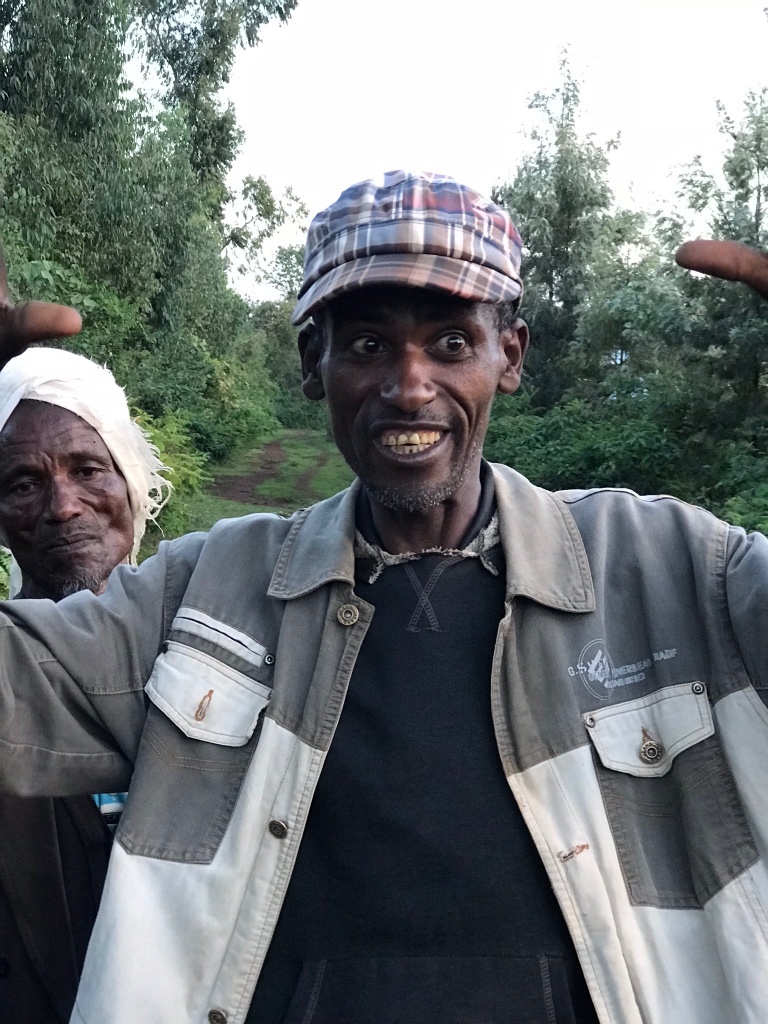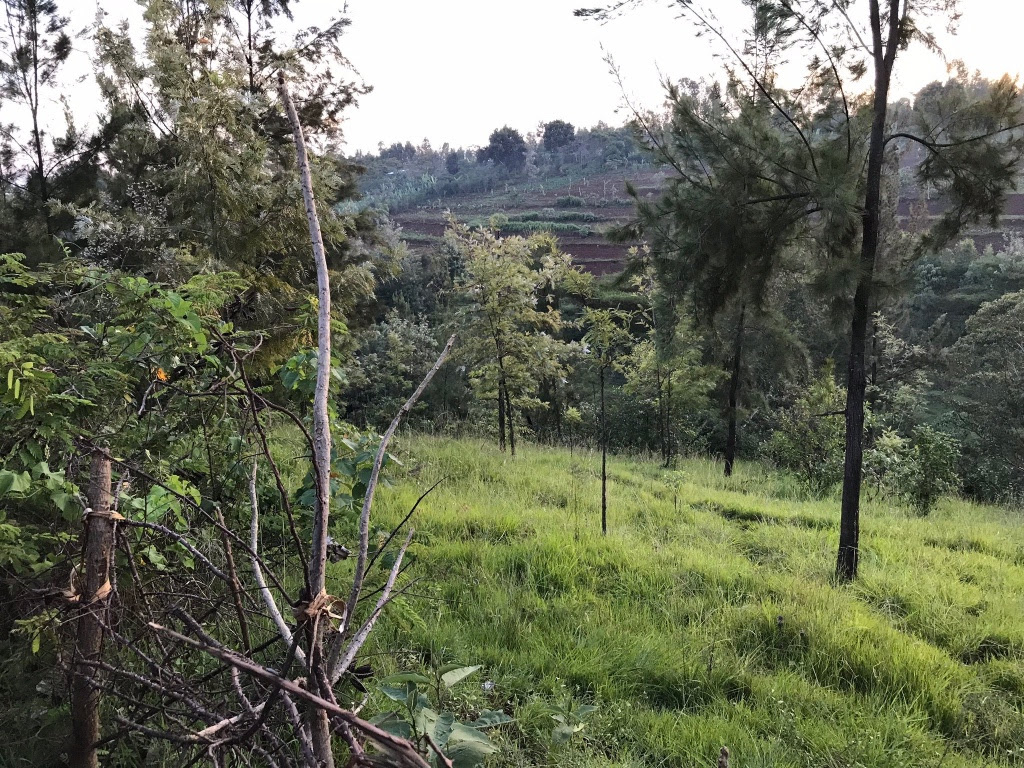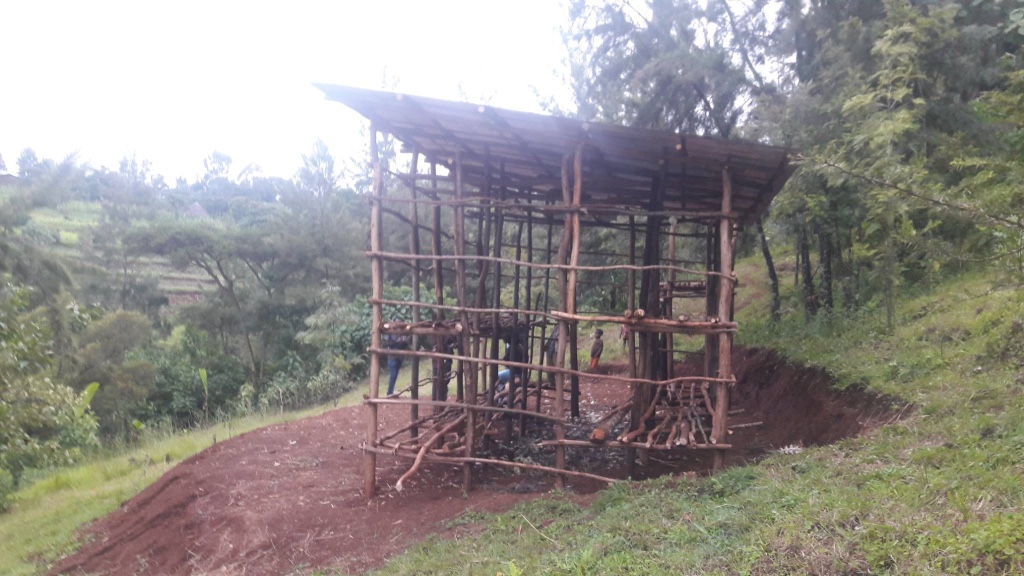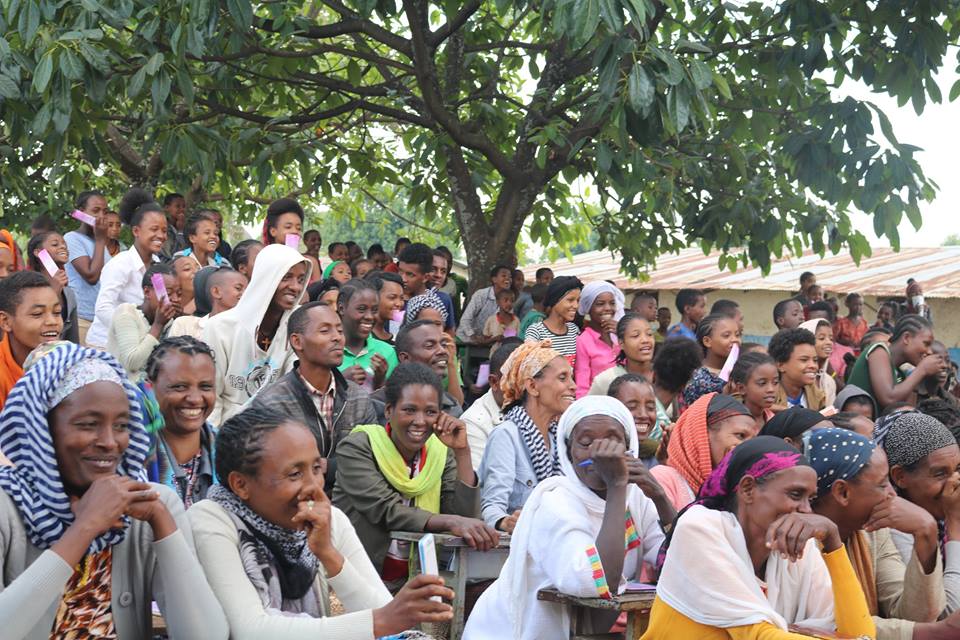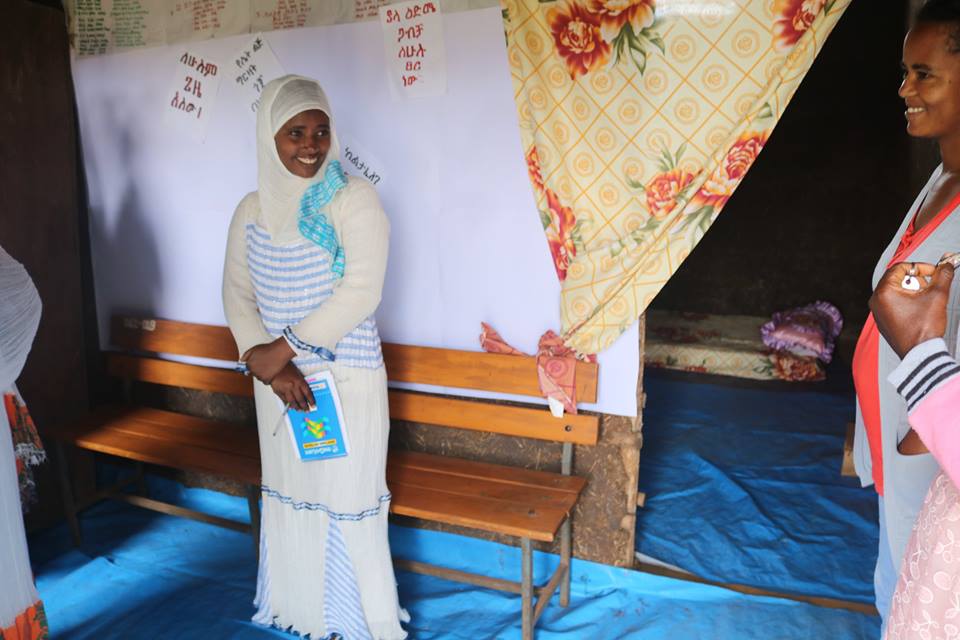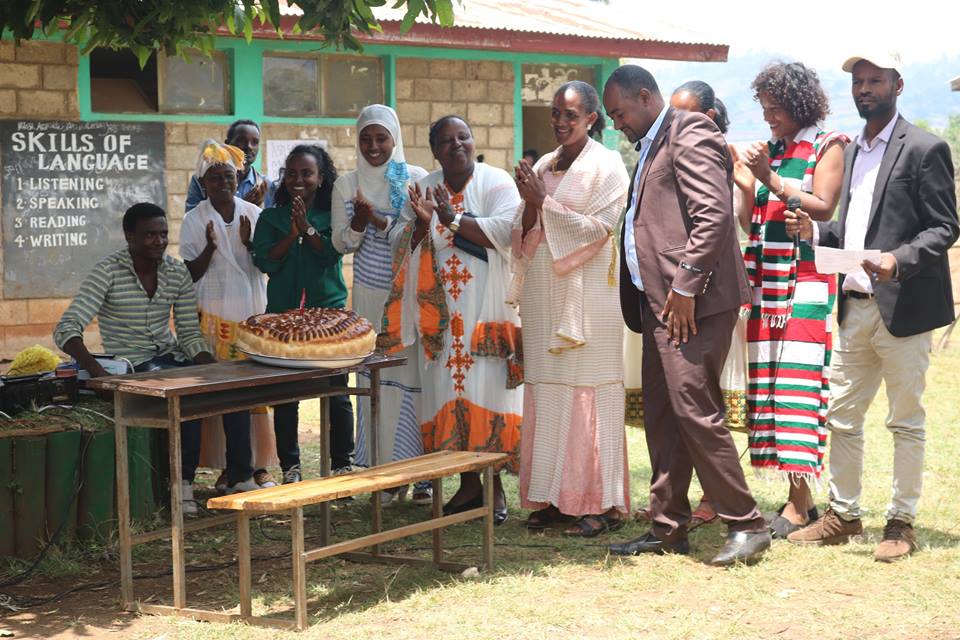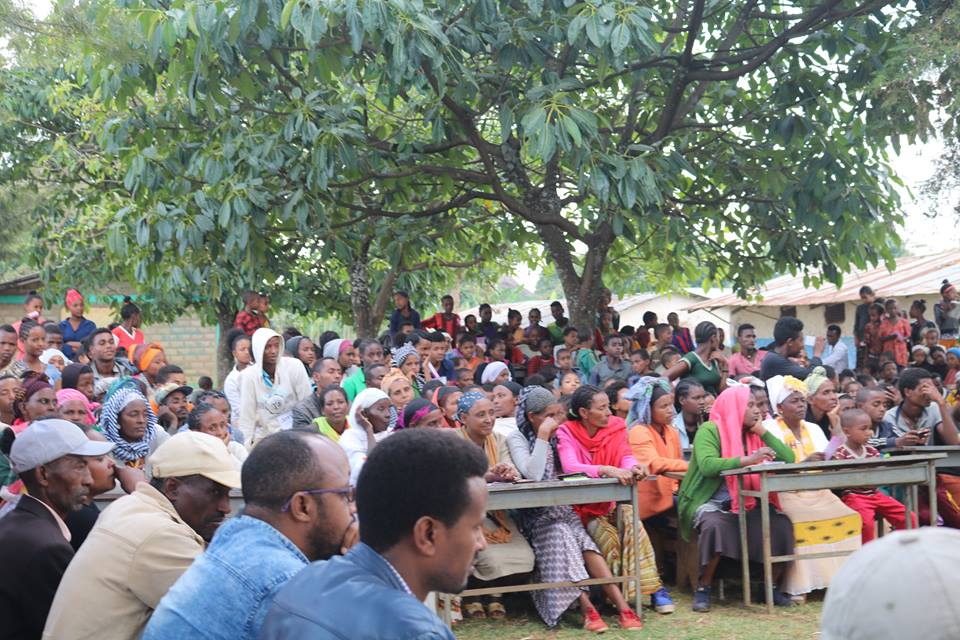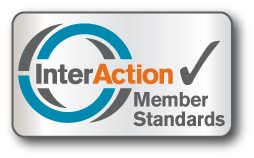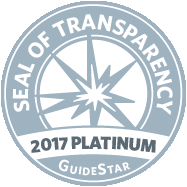In India, a revolutionary 37-year-old known as the “Padman” is solving an age-old problem by creating low-cost sanitary pads for millions of Indian women. WEEMA staff recently visited with the Padman to see if the entrepreneur’s success could be replicated in Ethiopia.
Arunachalam Muruganantham, the “Padman”, invented a low-cost sanitary pad making machine that has made sanitary pads affordable and accessible to poor Indian women for the first time. More than 5,300 machines have been produced over the past decade and they’re now being used in every state in India, along with 27 other countries.
Despite numerous offers from corporations to commercialize his venture, Muruganantham only sells to women’s self-help groups and schools, which handle local production and distribution of the sanitary pads. By doing so, he creates local quality jobs for women.
Three WEEMA staff members met the Padman and they also visited a self-help group, which has four women employees who are making and selling about 1,000 cotton pads every day for 2 to 3 rupees each (less than 5 cents in the U.S.) A portion of their sales – 25 percent – is donated to local schools and for other community needs.
“It’s amazing,” said WEEMA Operations Manager Susan Daly, who traveled with Ethiopian colleagues Ashenafi Tadesse and Tewodros Belachew on the five-day trip. “They’re creating jobs making the pads and they’re providing a product that other women can buy and afford. There are health benefits, too.”
WEEMA’s visit was a first step in exploring whether the Padman’s model can be replicated in Ethiopia by engaging women’s self-help groups to produce and sell the sanitary pads - a venture that would substantially increase access to menstrual materials, while creating quality local employment. WEEMA already has 110 such self-help groups in place involving more than 2,000.
And there’s certainly a need: lack of access to menstrual supplies – and general information about hygiene and menstrual management – is widespread among girls and women in Ethiopia’s rural areas. In addition to health risks, this access gap contributes to girls’ absenteeism at schools - a problem that WEEMA is tackling head-on by distributing reusable pads to students at the Saruma Primary and Middle School.
“The India trip was inspiring, and we’re hoping we can bring this model of women supporting women to Ethiopia,” said Daly last week.
Stay tuned!
WEEMA Program Manager, Ashenafi Tadesse, and Country Director, Tewodros Belachew, after meeting with the Padman
Under WEEMA’s leadership, midwives provide training on menstrual health to 405 students in the Saruma School in rural Tembaro, Ethiopia.




